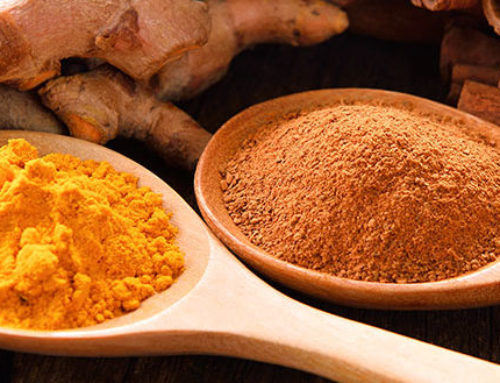 Iron is an important dietary mineral. It is needed for various bodily functions, including transporting oxygen in your blood, which is essential in providing energy for daily life. If you don’t have enough iron in your diet, the iron stores within your body become depleted. This can make you feel tired and lower your immunity. Including iron-rich foods in your diet can help.
Iron is an important dietary mineral. It is needed for various bodily functions, including transporting oxygen in your blood, which is essential in providing energy for daily life. If you don’t have enough iron in your diet, the iron stores within your body become depleted. This can make you feel tired and lower your immunity. Including iron-rich foods in your diet can help.
Most of your body’s iron is in the hemoglobin of your red blood cells, which carry oxygen to your body. Extra iron is stored in your liver and is used by your body when your dietary intake is too low. If you don’t have enough iron in your diet, your body’s iron stores get lower over time leading to iron deficiency.
Low iron levels can cause:
- Shortness of Breath – Shortness of breath is a symptom of iron deficiency, since low hemoglobin levels mean the body isn’t able to transport oxygen to muscles and tissues effectively.
- Fatigue – Fatigue is one of the most common symptoms of not enough iron. This is due to less oxygen reaching body tissues, depriving them of energy.
- Headaches and Dizziness – Headaches and dizziness could be a sign of iron deficiency. The lack of hemoglobin may mean that not enough oxygen reaches the brain, possibly causing its blood vessels to swell and create pressure.
- Restless Leg Syndrome – People with iron deficiency anemia have a higher chance of experiencing restless leg syndrome. This is a strong urge to move the legs at night or when at rest.
- Irregular Heartbeat – When the body lacks iron, the heart has to work extra hard to transport oxygen around the body. This can lead to irregular or fast heartbeats and even heart murmurs, an enlarged heart, or heart failure.




